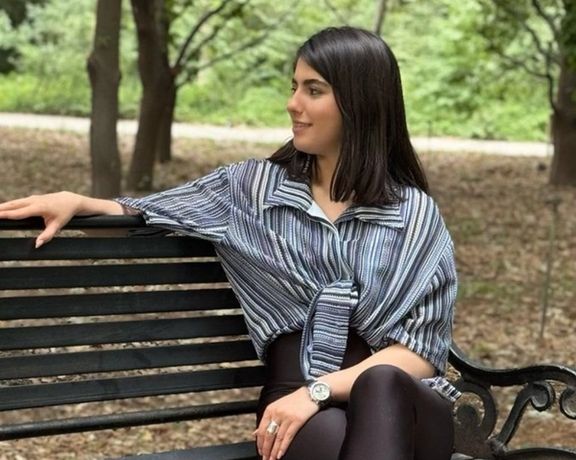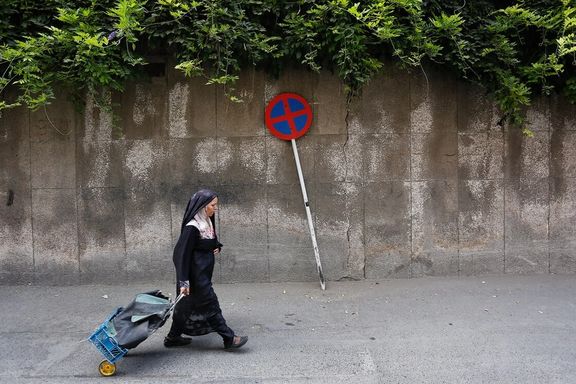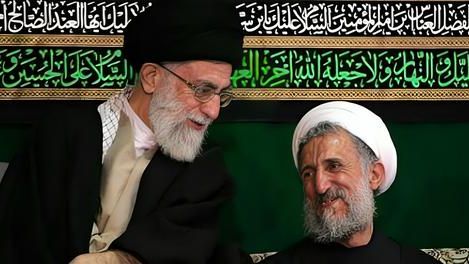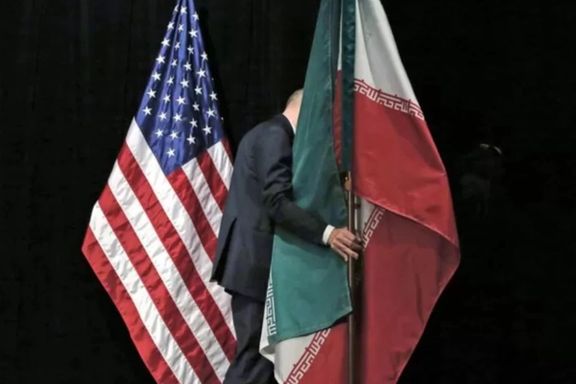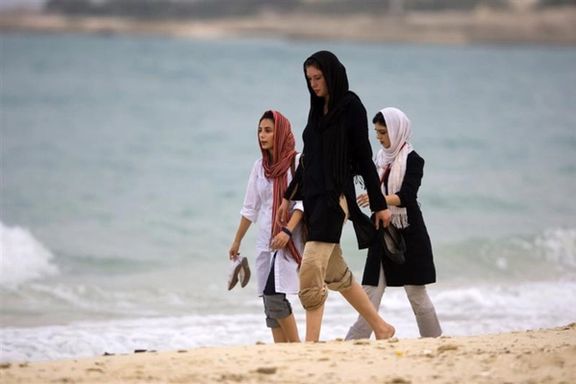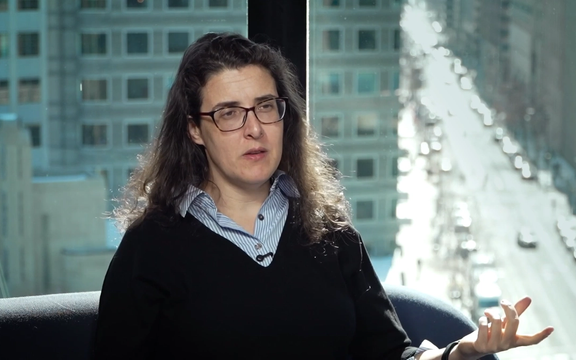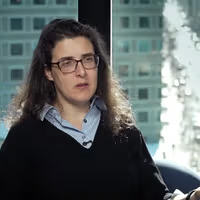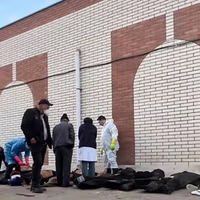The IRGC-affiliated Fars News Agency reported Sunday that the Revolutionary Guard’s Intelligence Organization had detained two sons of Tehran’s Friday imam, Kazem Sedighi, two weeks earlier.
The report said they were arrested on charges of misconduct and collusion, without further details. On Monday, the outlet issued a correction, saying the detainees were Sedighi’s son and daughter-in-law.
Sedighi responded soon after, saying he would submit to the law if wrongdoing were proven.
Appointed by Supreme Leader Ali Khamenei in 2009, Sedighi previously chaired the Supreme Disciplinary Court for Judges.
He now heads a state body promoting behavior deemed Islamic—the Committee for the Promotion of Virtue and the Prevention of Vice—which includes Iran’s police chief and the ministers of intelligence and interior.
Serious or symbolic?
While some conservatives argue the arrests show corruption is being addressed, many others see them as symbolic.
"Some actions have been taken against corruption, but don’t talk about 'decisive measures'—because the people have not seen any truly decisive action in the fight against economic corruption so far," a popular comment on the conservative Alef website read.
“Even in systemic corruption, some cases are (occasionally) dealt with on a case-by-case, symbolic basis,” reformist journalist and politician Mohammad Sahafi posted on X.
The post echoed a widely held belief that crackdowns lack seriousness.
“(This was) a kind of belated, superficial surgical removal of the countless tumors of corruption within the circle of power,” psychoanalyst Mohammad Reza Ebrahimi wrote on X.
Chief judge wins praise
Since his 2021 appointment, judiciary head Gholam-Hossein Mohseni-Ejei has made anti-corruption central to his image.
Conservatives framed the move as a sign of resolve and an attempt to restore public trust.
Hardliner lawmaker Mojtaba Zarei thanked Mohseni-Ejei on X for “revitalizing the judicial system to combat corruption.”
“The fight against corruption is not a stage for theatrical exposés; the judicial system of the Islamic Republic of Iran is itself at the forefront of the battle against corruption,” he wrote.
Former reformist vice president Mohammad-Ali Abtahi echoed the praise:“Mr. Ejei’s transparency, integrity, persistence, and courage can promote a model of worthy governance.”
“The head of the judiciary, by the nature of his job, is generally not expected to be respected and trusted—but Ejei is. He deserves praise for his impartial fight against the corruption of officials and their relatives,” he added.
Calls for Sedighi to step down
Unlike Ejei, Sedighi faces mounting pressure over the revelations, with many conservatives and some ultra-hardliners urging him to resign.
“Resign from all responsibilities and seek forgiveness for the rest of your life; perhaps you can save your hereafter,” conservative journalist Ahmadreza Danesh posted on X.
In March 2024, a whistleblower accused Sedighi and his sons of unlawfully acquiring a $20 million plot in Tehran.
Sedighi claimed his signature had been forged. After this proved false, he apologized to Khamenei and the Iranian people in a Friday sermon, calling it negligence.
He was neither prosecuted nor formally investigated.
“Resign unconditionally now if you believe in even a fraction of what you have preached,” conservative politician Seyed Ali Hashemi wrote on X.
“Not because of proven guilt, but out of respect for the people, to preserve the clergy’s reputation, and to prevent the collapse of social trust,” he added.

